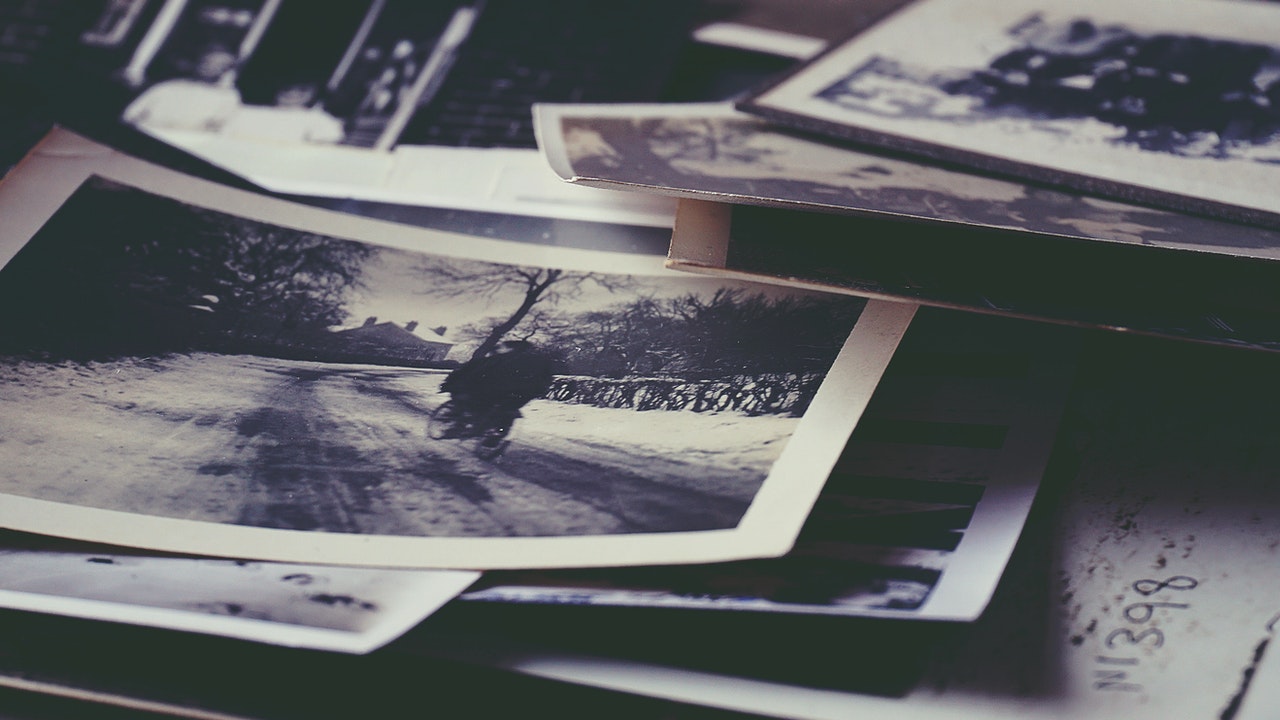Photography Study
You want to pursuit the photography study road?
Do you have a good eye for new subjects, are you familiar with working with a camera and are you open to people? Then the photography degree is probably just right for you! We have put together everything you need to know below: course content, prerequisites, course, career opportunities and even suitable universities.In a photography degree, creativity and artistic talent are in the foreground. That was the case in the past and nothing has changed about that to this day. But what has changed over time is the media landscape. Some time ago everything revolved around the print market. Nowadays it's a little different: almost everything takes place on a digital level. Photography has not changed that much as a result, the target group is just often different.
As a photographer, it is your job to convince people and take them with you. You have to inspire your customers and potential customers with your work. In addition, you have to be just as familiar with the theoretical part of photography as you are with image practice. The photography course is very diverse. Of course, it always depends on the focus that the respective university has set. First-year students of photography turn their hobby into a profession, apply their already existing skills and learn countless things, they come into contact with people and let their talent run wild: They are passionate about photography.
So let's get into our Photography Study And Master Degrees : All Information At A Glance article shall we?
Photography studies: all information at a glance
Course content
Note with the inscription & quot; Learn Something New & quot;The photography course is characterized by its proximity to practice. During their studies, students have numerous opportunities to try out practical projects. And that is inevitable in this area, because through practice the students become real professionals. If mistakes are made at the beginning, that's not bad at all and even quite normal, because we all know: you learn through mistakes. The aim of the photography course is to give students as much insight as possible into the big, broad world of photography, so that many doors are open to them after their studies and the area of specialization can be chosen as they wish. At the beginning of the course it is customary for the theoretical basics to be taught first. But don't panic During your photography studies you will get to know all areas of photography. After the basics during the first semester, the higher semesters go much deeper thematically. You have the opportunity to participate in practical projects and even carry out projects in laboratories and with potential customers. The exact course content depends on the university you choose, but we would be happy to give you a general overview of some of the content that a photography degree has:
- Basics of photography
- History of Photography
- Documentary photography
- Photo design
- Conception
- Artistic photography
- Staged photography
And what about the Masters in Photography?
As with so many subjects, there is of course the possibility of taking up a master’s degree in photography. A bachelor's degree is required for this. Since the Master builds on the Bachelor's degree, the knowledge and skills that have already been learned are expanded and deepened. Those who have not yet decided on a particular focus during their bachelor's degree will usually do so during their master’s degree.
There is something that is particularly important to us ...
As already mentioned, you will receive all the necessary knowledge of photography professionally during your studies, but for the job of a trained and successful photographer it is extremely important that you develop your own style and that your work can be recognized among 100 other works in the best case .
Requirements
Formal Requirements
Bachelor's degree in photography
- General or subject-specific higher education entrance qualification (Abitur)
- Fachhochschulreife (technical diploma)
- Equivalent entry requirements
- Admission test: artistic application folder
At many universities it is also possible to study without a high school diploma, for example through a professional qualification. However, the requirements depend on the federal state and often also differ from university to university.
Master's degree in photography
- Completed bachelor's degree or a first university degree in a related area
- Proof of professional experience
- Assessment of suitability through work samples
The admission procedure of the respective university can be very different. We therefore recommend that you find out the details at your chosen university so that you can prepare yourself adequately.
Personal Requirements
Photography students during a seminarTo start studying photography, it is important that you already have experience in this area. So you shouldn't be a novice and ideally already know how to use a camera. It is also important that you have photographic talent and that you are very creative. You will learn the most important things during your studies, but none of them will help if you are not creative. You should also have a good eye for great, new subjects. In the photographer's profession, you always have to deal with people and have to act with them, so you shouldn't mind being open to people.
Duration of photography studies
Bachelor
Duration: 6-8 semesters
Degree: Bachelor of Arts
Master
Duration: 3-4 semesters
Degree: Master of Arts
If you have achieved fewer than 210 ECTS points in your bachelor's degree, you usually have the option of making up for the missing points in corresponding courses.
Forms of study
A photography degree is available in different versions. In the following we have listed and briefly explained the two most common forms:
- Full-time study: Probably the best-known type of study that you may be most familiar with. Your main occupation is a student and you usually attend lectures and seminars at your chosen university from Monday to Friday.
- Part-time studies: Since not everyone has the opportunity to study full-time, there are other options: a distance learning course in photography or a part-time face-to-face course. As a rule, you work full-time in the job you have learned and study either in the evening or on the weekend. It differs from university to university.
Career opportunities after studying photography
SLR cameraIt is common knowledge that many photographers work as freelancers. However, it is not impossible to get a permanent position instead of working as a freelance photographer. With a college degree in photography, you can work in many fields. For example, you can work in galleries, advertising agencies or picture publishers. But the competition is fierce and growing. The focus is no longer just on image technology. It's much more about the message that should be conveyed with the pictures. With a degree in photography, photo design or photojournalism, you have numerous options.
Possible areas of activity include:
- Documentary photography
- Advertising photography
- Artistic photography
- Editorial photography




No comments
Post a Comment